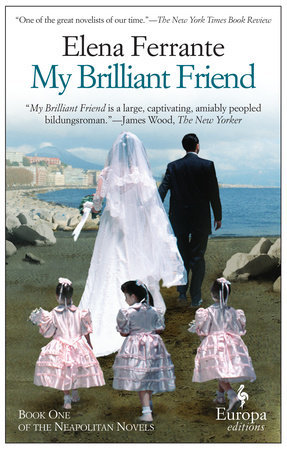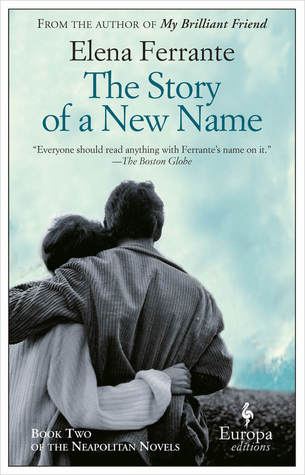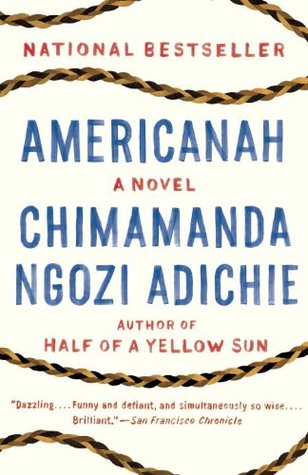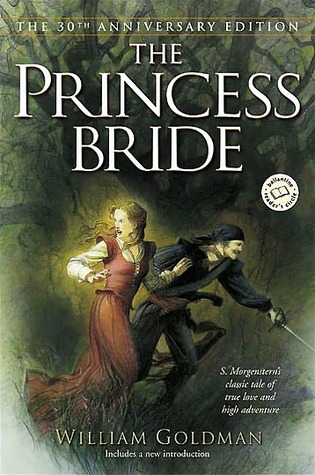 Harlot's Ghost
Harlot's Ghost
by
With unprecedented scope and consummate skill, Norman Mailer unfolds a rich and riveting epic of an American spy. Harry Hubbard is the son and godson of CIA legends. His journey to learn the secrets of his society—and his own past—takes him through the Bay of Pigs, the Cuban Missile Crisis, and the “momentous catastrophe” of the Kennedy assassination. All the while, Hubbard is haunted by women who were loved by both his godfather and President Kennedy. Featuring a tapestry of unforgettable characters both real and imagined, Harlot’s Ghost is a panoramic achievement in the tradition of Tolstoy, Melville, and Balzac, a triumph of Mailer’s literary prowess.
The attention to detail and intersection with history was absolutely captivating. A big book, but I couldn't put it down.




I didn't like these as much as some, but I loved them nonetheless, more for the portrait of Italy over the last fifty years than for the relationships. The narrator's character is the star of the series, and it was a pleasure to follow her from childhood to maturity, through triumphs and setbacks. A remarkable achievement.
 Americanah
Americanah
by
Ifemelu and Obinze are young and in love when they depart military-ruled Nigeria for the West. Beautiful, self-assured Ifemelu heads for America, where despite her academic success, she is forced to grapple with what it means to be black for the first time. Quiet, thoughtful Obinze had hoped to join her, but with post-9/11 America closed to him, he instead plunges into a dangerous, undocumented life in London. Fifteen years later, they reunite in a newly democratic Nigeria, and reignite their passion—for each other and for their homeland.
Another strong female narrator. I loved the descriptions of life in Nigeria, as well as the insight into life as an African woman in the United States.
What happens when the most beautiful girl in the world marries the handsomest prince of all time and he turns out to be...well...a lot less than the man of her dreams?
As a boy, William Goldman claims, he loved to hear his father read the S. Morgenstern classic, The Princess Bride. But as a grown-up he discovered that the boring parts were left out of good old Dad's recitation, and only the "good parts" reached his ears.
Now Goldman does Dad one better. He's reconstructed the "Good Parts Version" to delight wise kids and wide-eyed grownups everywhere.
What's it about? Fencing. Fighting. True Love. Strong Hate. Harsh Revenge. A Few Giants. Lots of Bad Men. Lots of Good Men. Five or Six Beautiful Women. Beasties Monstrous and Gentle. Some Swell Escapes and Captures. Death, Lies, Truth, Miracles, and a Little Sex.
In short, it's about everything.
Still can't believe I didn't get to this until 2018. The irascible voice of the author tops even Peter Falk, and the meta bits are sui generis. The backstory on the movie makes this edition wortk seeking out.

Persepolis: The Story of a Childhood
by
Wise, funny, and heartbreaking, Persepolis is Marjane Satrapi’s memoir of growing up in Iran during the Islamic Revolution. In powerful black-and-white comic strip images, Satrapi tells the story of her life in Tehran from ages six to fourteen, years that saw the overthrow of the Shah’s regime, the triumph of the Islamic Revolution, and the devastating effects of war with Iraq. The intelligent and outspoken only child of committed Marxists and the great-granddaughter of one of Iran’s last emperors, Marjane bears witness to a childhood uniquely entwined with the history of her country.
Persepolis paints an unforgettable portrait of daily life in Iran and of the bewildering contradictions between home life and public life. Marjane’s child’s-eye view of dethroned emperors, state-sanctioned whippings, and heroes of the revolution allows us to learn as she does the history of this fascinating country and of her own extraordinary family. Intensely personal, profoundly political, and wholly original, Persepolis is at once a story of growing up and a reminder of the human cost of war and political repression. It shows how we carry on, with laughter and tears, in the face of absurdity. And, finally, it introduces us to an irresistible little girl with whom we cannot help but fall in love.
Another unforgettable female narrator, and an unforgettable picture of life in revolutionary Iran and as a stranger in a strange land.

